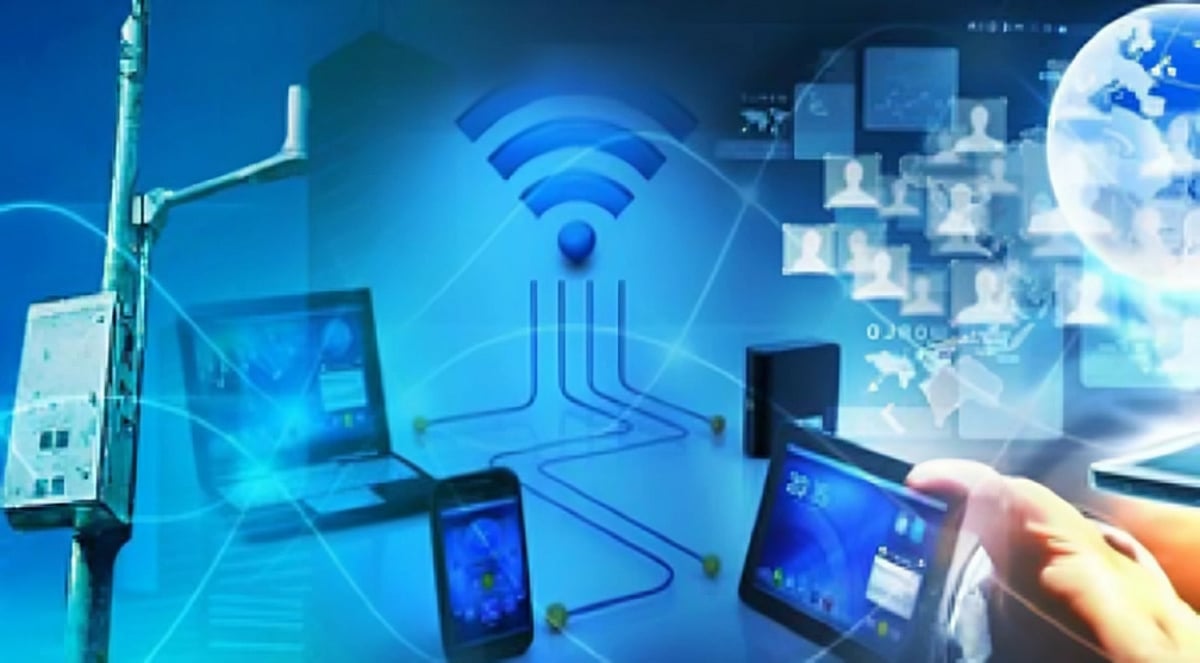How can the paradox be resolved ?
Since the Supreme Court recognised the right to internet as a fundamental right, the denial of the same can be questioned on judicial grounds. Programs like BharatNet need to reach more people, greater funding and partnerships with private and civil society actors to cover tribal and rural areas.
Innovations like satellite internet can complement the conventional infrastructure. Accessibility and affordability can be ensured through providing subsidies, setting up community internet centres and free or low cost internet access in libraries, schools, health centres and other public institutions.
The globalised era is characterized by public private partnerships and network governance. The Corporate Social Responsibility (CSR) initiatives can be used for this purpose, especially targeting marginalised groups.
Along with these moves, popularisation of digital literacy is needed for ensuring the right to internet.
Approximately 37% of Indians are digitally literate as of 2023, according to the National Association of Software and Service Companies (NASSCOM). The Periodic Labour Force Survey (PLFS) 2023–24 reports that the literacy rate for people seven years of age and older in India is 80.9%. Even then, there are still gaps—with male literacy at 87.2% and female literacy at 74.6% as well as a notable urban-rural divide of 88.9% in urban areas and 77.5% in rural ones.
Governance should incorporate a network approach comprising of community based organisations, panchayat bodies, NGOs and academia in order to ensure that the spread of technology is participatory and inclusive in nature.
The right to internet is undoubtedly expensive but it is more expensive to deny it. There should be innovative policymaking and collaborative governance to make internet an accessible reality. When communities are denied access to internet, they become deprived of information, services and democratic expressions.
Moreover, the right to education guaranteed under article 21A of the constitution has become inextricably linked to digital connectivity. It can be concluded that the violation of the right to internet results in the violation of multiple fundamental rights simultaneously.
Despite the significant financial expenses associated with universal internet access, the wider democratic and developmental consequences of exclusion make it imperative that the right to internet be operationalised with more time bound and coordinated effort.

